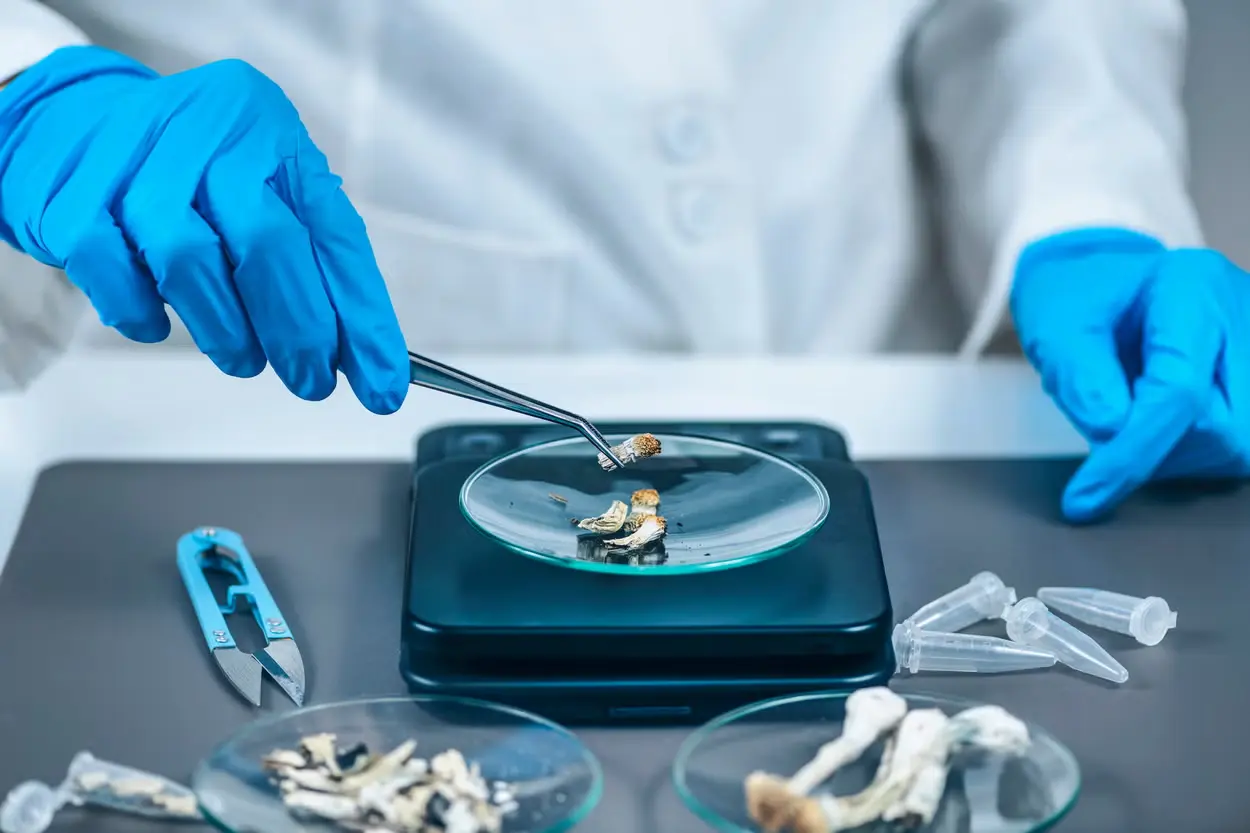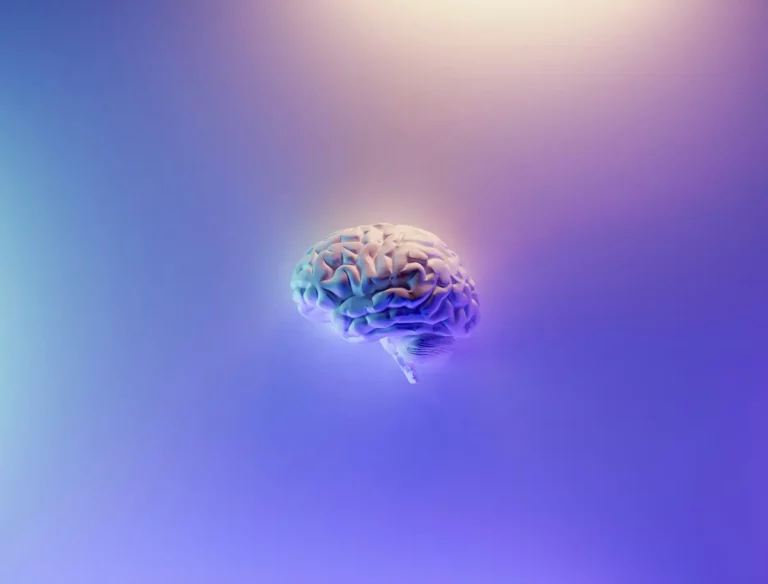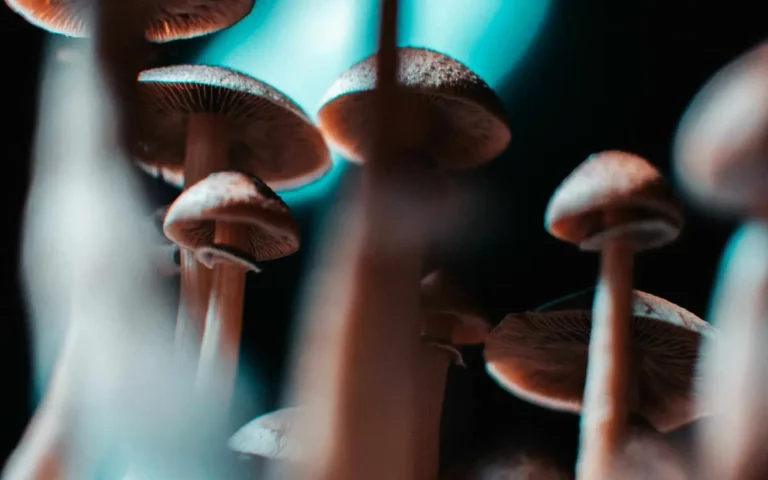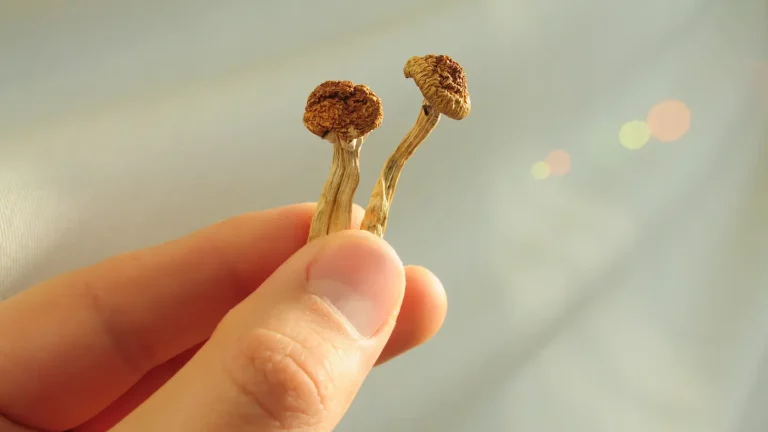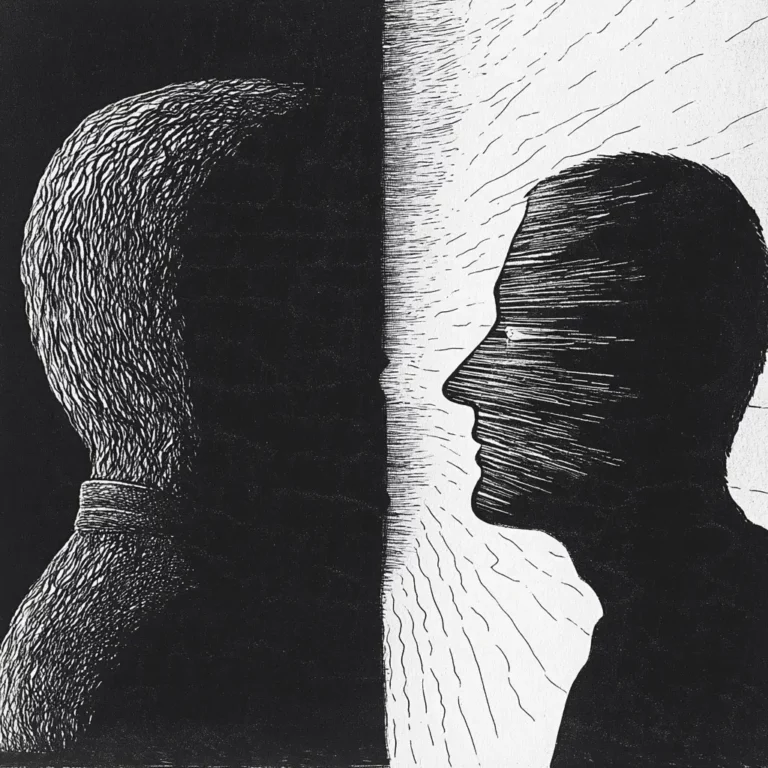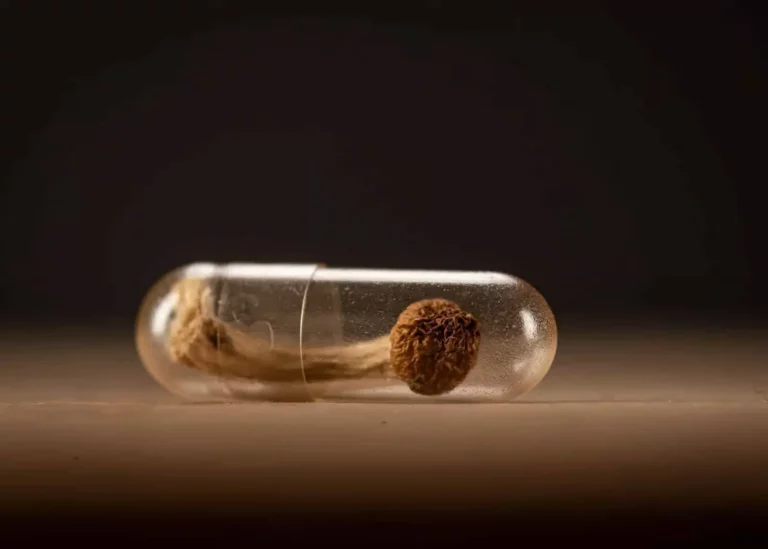Unearthing the Potential of Psilocybin Research
In modern medicine, a quiet revolution is taking place. It involves the revival of ancient remedies.
At the forefront of this resurgence is the research into the therapeutic potential of psilocybin, the active compound found in “magic mushrooms.”
Institutions around the world are interested in starting their own studies. While institutions such as Johns Hopkins University and Imperial College London stand tall as pioneers in this realm, many others are hopping on the bandwagon to carry out clinical research into psychedelics and consciousness by creating their own departments or centers for psychedelic studies.
This article is intended to cover the topic of psilocybin research.
A Brief History of Psilocybin Research
As the topic gets more and more popular the intro is repetitive for those who already have a fresh background. If this is you feel free to skip to other parts of the post.
Psilocybin has a rich history dating back centuries. It has long been revered for its mystical and therapeutic properties.
Ancient cultures recognized their profound effects on consciousness, and incorporated these fungi into spiritual healing ceremonies.
However, it wasn’t until the mid-20th century that Western science began to systematically explore their potential.
In recent years, a resurgence of interest in psychedelics, particularly psilocybin, has captured the attention of researchers, clinicians, and the public alike.
This renewed curiosity is not simply a return to the past but a leap forward into new frontiers of mental health treatment.
The Goals of Psilocybin Research Studies
Exploring Psilocybin’s Effects
Studies into the effects of psilocybin on the human mind have yielded many interesting insights.
From inducing mystical experiences to promoting neuroplasticity, psilocybin’s impact on consciousness is both profound and varied.
Depression Research has shown that under controlled settings, psilocybin can lead to experiences described as mystical or transcendental. These experiences often involve a sense of unity with the universe, profound insights into one’s life, and feelings of awe and reverence. Such encounters can have lasting effects, with participants reporting increased well-being, improved mood, and a greater sense of purpose.
Psilocybin and Mental Health: A New Frontier in Treatment
Depression and Anxiety
Among the most promising areas of psilocybin research is its potential in treating mood disorders such as major depressive disorder, post-traumatic stress disorder and anxiety. Traditional treatments, while effective for many, do not work for everyone, leaving a significant gap in care. Moreover, they can lead many patients to depend on medication for the duration of their lives. This is where psychedelic therapy could be of use.
Studies have shown that psilocybin-assisted therapy can lead to rapid and sustained reductions in depressive symptoms. Participants often report a newfound sense of clarity and perspective, allowing them to confront deep-seated emotional issues with courage and resilience. Similarly, anxiety disorders, including generalized anxiety and PTSD, have shown promising responses to psilocybin therapy, offering hope for those who have not found relief through conventional treatments.
Among the research that has been published lately some studies that may be of interest are (all of these are within the last 3 years):
Single-Dose Psilocybin for a Treatment-Resistant Episode of Major Depression1
Summary:
This clinical trial uses a synthetic version of psilocybin that is being developed to treat TRD (treatment-resistant depression). This study included 233 participants. 79 participants were assigned to the 25 mg psilocybin group, 75 to the 10 mg psilocybin group and 79 to the 1 mg psilocybin group. The group that took the 25 mg single dose of psilocybin had significant decreases in their depression scores at the end of the trial.
Trial of Psilocybin versus Escitalopram2
Summary:
This clinical trial has been done time and time again. Researchers choose a commonly prescribed SSRI or find a population already taking this SSRI and compare the decreases in anxiety and depression symptoms. This particular clinical trial used 59 patients. where 30 were assigned to the psilocybin group, and 29 were assigned to the escitalopram (SSRI- serotonin reuptake inhibitor) group. Baseline scores were taken for comparison with measures made 6 weeks after the trial.
Although there was no significant difference between the groups by the end of the trial, the study claimed other outcomes that favored psilocybin such as on the Beck Depression Scale and the Hamilton Depression rating scale. This means that both the SSRI and the high doses of psilocybin were effective. More analyses need to be done to further compare these two substances.
Molecular Mechanisms of Psilocybin and Implications for the Treatment of Depression3
Summary:
This review is particularly interesting if you are curious about the pharmacological mechanisms of psychedelics. The authors review insights we have into the receptor mechanisms mediating the psychedelic and antidepressant effects of psilocybin.
These are all short summaries of the studies. If you are interested, feel free to check out the articles to get extra information about the methods and results of the studies.
For more Info check out: Emerging Paths in Depression Treatment!
Addiction
Addiction, a complex and challenging condition, has also been a focus of psilocybin research. Whether it’s substance abuse or behavioral addictions, cycles of dependence can be difficult to break.
Studies have suggested that psilocybin therapy can disrupt ingrained patterns of thought and behavior associated with addiction. By providing a profound shift in perspective and a sense of connection, psilocybin helps individuals confront the underlying causes of their addiction. This approach, combined with therapy and support, offers new pathways to recovery.
Here are a handful of studies that have been published regarding the use of psilocybin to treat addiction and substance abuse.
Pilot study of the 5-HT2AR agonist psilocybin in the treatment of tobacco addiction4
Summary:
This pilot study was conducted in 2014 and aimed to be a follow up to earlier findings that psilocybin treats substance use disorders. The researchers administered either 20 mg/70 kg as a moderate dose and 30 mg/70 kg as a high dose of psilocybin to 15 participants over 15 weeks of smoking cessation treatment. The results showed that 12 of 15 of the participants showed 7-day abstinence at a 6-month follow up.
Psilocybin cessation rate exceeded other reported therapies for cessation. The authors conclude that though more research is needed, the use of psilocybin could be a useful adjunct to the current treatment models for smoking.
Classic Psychedelics in Addiction Treatment: The case for Psilocybin in Tobacco Smoking Cessation5
Summary:
This is a review that includes research from the 1950s to the 1970s suggesting that classic psychedelics help with addiction recovery. Many other reports are also reviewed including modern research using psilocybin to combat alcohol and tobacco use disorder. The author Matthew Johnson concludes that the research shows high success rates in preliminary studies.
Psilocybin for treating substance use disorders?6
Summary:
This review argues that the current evidence-based treatments for substance use disorders are not entirely effective or particularly long-lasting. However, psilocybin could be a treatment to give more attention to. The review summarizes human studies addressing this issue, and points at key mechanisms involved. They suggest that during psilocybin treatment, cortisol levels spike and activate networks in the brain that increase control over emotional processes. This could ease negative emotions.
To wrap up the discussion about addiction: psilocybin could be an effective adjunct to SUD (substance use disorder) therapies, however we need more research with positive findings in placebo controlled randomized trials to determine the efficacy of psilocybin. The large benefit of using classical psychedelic compounds such as psilocybin would be that psilocybin is a non-toxic and non-addictive substance that can be used in clinical settings.
Spirituality and Personal Growth
Beyond its therapeutic potential, psilocybin research has also shed light on the role of spirituality in personal growth. Many participants in these studies report experiences that transcend the boundaries of the self, leading to a deeper understanding of their place in the world.
These experiences, often described as mystical or transcendent, can have profound effects on one’s worldview and values. Participants often report an increased sense of empathy, interconnectedness, and a reevaluation of their priorities in life. Such insights can lead to long-lasting changes in behavior and outlook, fostering personal growth and well-being.
The Role of Institutions in Psilocybin Research
While Johns Hopkins University has been a trailblazer in psilocybin research, institutions around the world are contributing to this growing body of knowledge. From the Imperial College London to the University of Zurich, researchers are collaborating to unlock the mysteries of this ancient psychedelic.
Collaborative Efforts and Global Research
Collaboration among institutions is key to advancing our understanding of psilocybin’s potential. Research consortia, such as the Psychedelic Science Research Program, bring together experts from diverse fields to share findings and methodologies.
Additionally, global efforts to decriminalize and destigmatize psychedelics are gaining momentum. Cities like Denver and Oakland have passed initiatives to decriminalize psilocybin, opening the door for further research and public education.
Looking Ahead: The Future of Psilocybin Research
As the field of psilocybin research continues to evolve, the possibilities are boundless. From refining therapeutic protocols to exploring its potential in treating other conditions, such as chronic pain and eating disorders, the journey is just beginning.
Neural Mechanisms and Molecular Pathways
Advances in neuroscience are shedding light on the neural mechanisms underlying psilocybin’s effects. Imaging studies have revealed changes in brain activity and connectivity during and after psilocybin sessions, offering clues to its therapeutic potential.
You can find further valuable information in our blog article How Psilocybin Influences the Brain.
Therapeutic Innovation and Personalized Medicine
Psilocybin-assisted therapy represents a paradigm shift in mental health treatment—one that is personalized, holistic, and deeply transformative. Integrating psychedelics into psychotherapy allows for a tailored approach that addresses the individual’s unique needs and experiences.
Policy Reform and Public Education
As research progresses, advocacy for policy reform becomes increasingly important. Educating the public about the science behind psychedelics, their potential benefits, and safety guidelines is crucial for responsible integration into society.
Conclusion: Embracing the Psychedelic Renaissance
The resurgence of psilocybin research represents a turning point in our understanding of mental health and consciousness. What began as ancient wisdom has evolved into a scientific frontier, offering hope and healing to countless individuals that struggle with mental health disorders.
While Johns Hopkins University remains a beacon of pioneering research, the global community of scientists, clinicians, and advocates is united in a common goal: to unlock the potential of psilocybin for the betterment of humanity.
As we embrace this psychedelic renaissance, let us tread carefully yet boldly into the realms of the mind. Let us cultivate a culture of curiosity, compassion, and respect for these powerful tools of healing. And let us envision a future where mental health care is not just about alleviating symptoms but nurturing the soul.
In the words of Terence McKenna, a pioneer of psychedelic exploration, “Nature is not our enemy, to be raped and conquered. Nature is ourselves, to be cherished and explored.” As we journey deeper into the mysteries of psilocybin, may we discover not only the healing power of these fungi but also a deeper connection to ourselves and the world around us.
Our Psilocybin Retreat – Apply now!
Sources:
- Goodwin, G. M., Aaronson, S. T., Alvarez, O., Arden, P. C., Baker, A., Bennett, J. C., Bird, C., Blom, R. E., Brennan, C., Brusch, D., Burke, L., Campbell-Coker, K., Carhart-Harris, R., Cattell, J., Daniel, A., DeBattista, C., Dunlop, B. W., Eisen, K., Feifel, D., Forbes, M., … Malievskaia, E. (2022). Single-Dose Psilocybin for a Treatment-Resistant Episode of Major Depression. The New England journal of medicine, 387(18), 1637–1648.
https://doi.org/10.1056/NEJMoa2206443 - Carhart-Harris, R., Giribaldi, B., Watts, R., Baker-Jones, M., Murphy-Beiner, A., Murphy, R., Martell, J., Blemings, A., Erritzoe, D., & Nutt, D. J. (2021). Trial of Psilocybin versus Escitalopram for Depression. The New England journal of medicine, 384(15), 1402–1411.
https://doi.org/10.1056/NEJMoa2032994 - Ling, S., Ceban, F., Lui, L. M. W., Lee, Y., Teopiz, K. M., Rodrigues, N. B., Lipsitz, O., Gill, H., Subramaniapillai, M., Mansur, R. B., Lin, K., Ho, R., Rosenblat, J. D., Castle, D., & McIntyre, R. S. (2022). Molecular Mechanisms of Psilocybin and Implications for the Treatment of Depression. CNS drugs, 36(1), 17–30.
https://doi.org/10.1007/s40263-021-00877-y - Johnson, M. W., Garcia-Romeu, A., Cosimano, M. P., & Griffiths, R. R. (2014). Pilot study of the 5-HT2AR agonist psilocybin in the treatment of tobacco addiction. Journal of psychopharmacology (Oxford, England), 28(11), 983–992.
https://doi.org/10.1177/0269881114548296 - Johnson M. W. (2022). Classic Psychedelics in Addiction Treatment: The Case for Psilocybin in Tobacco Smoking Cessation. Current topics in behavioral neurosciences, 56, 213–227.
https://doi.org/10.1007/7854_2022_327 - de Veen, B. T., Schellekens, A. F., Verheij, M. M., & Homberg, J. R. (2017). Psilocybin for treating substance use disorders? Expert review of neurotherapeutics, 17(2), 203–212.
https://doi.org/10.1080/14737175.2016.1220834

